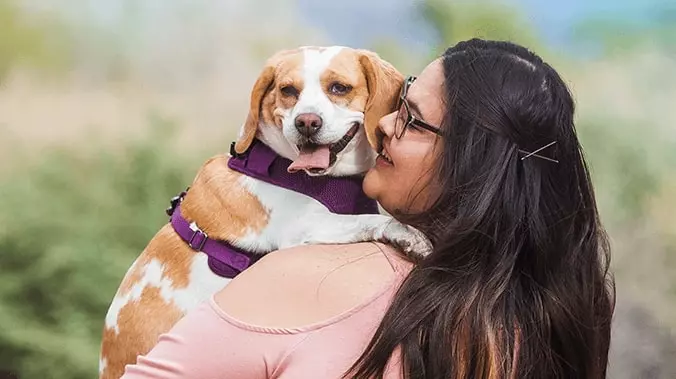Description
Intervertebral Disc Disease (IVDD) is an acute rupture of an intervertebral disc of the spine in the back or neck. Owners often notice a problem after their dog has participated in physical activity, like running or jumping, or after experiencing serious physical trauma. This painful condition can lead to permanent spinal cord damage causing partial or complete paralysis.
Treatment options
Regardless of which type of IVDD your dog has (Type I or Type II), immediate treatment is required to prevent further damage, varying from rest and medical management to surgery. Pain control is one of the first priorities when treating IVDD.
IVDD is covered by Nationwide*
